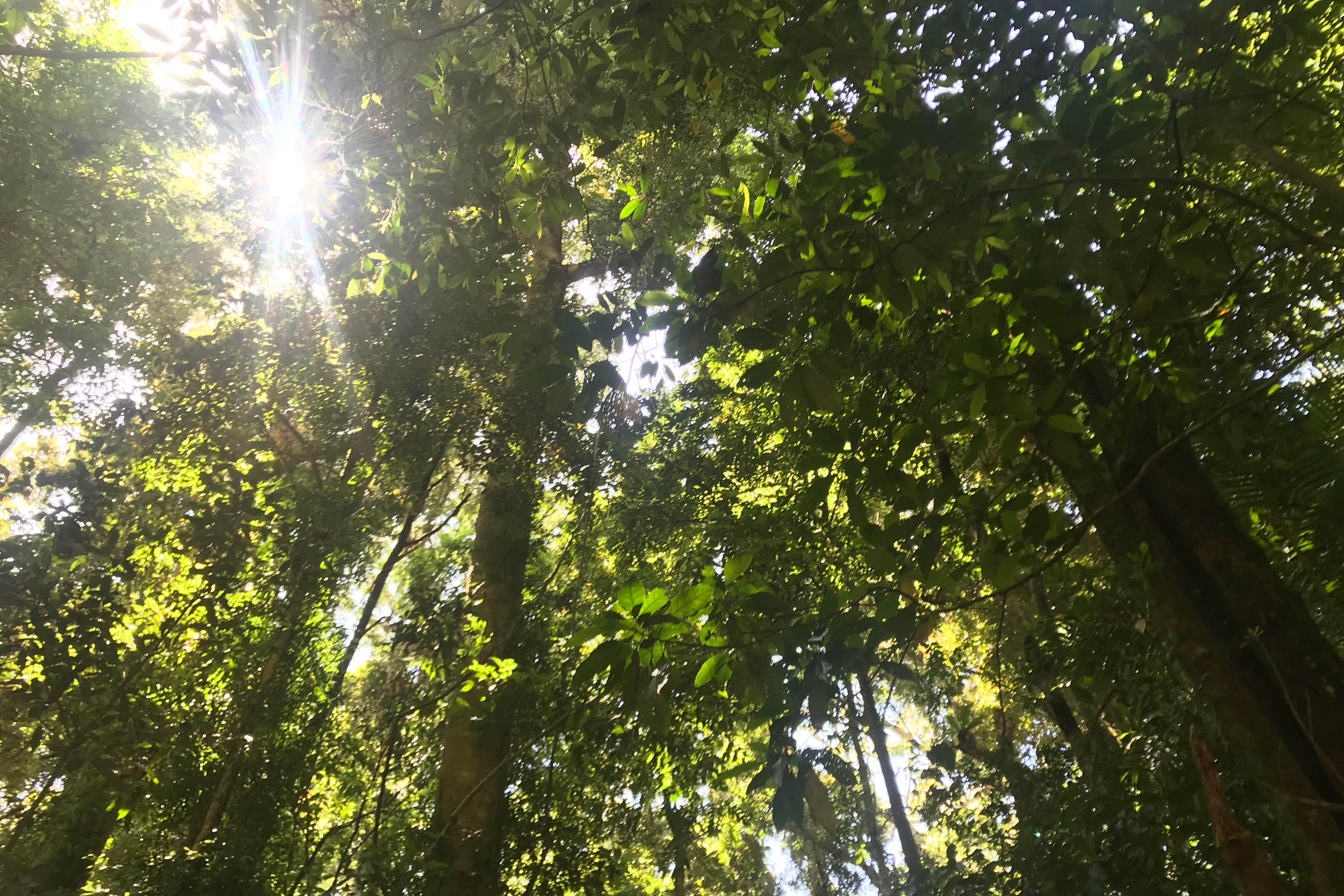UK imports ‘linked to deforestation twice the size of Paris in under two years’
Researchers analysed the UK’s direct import of seven ‘forest risk’ commodities, including palm oil, soy and cattle products.

Your support helps us to tell the story
From reproductive rights to climate change to Big Tech, The Independent is on the ground when the story is developing. Whether it's investigating the financials of Elon Musk's pro-Trump PAC or producing our latest documentary, 'The A Word', which shines a light on the American women fighting for reproductive rights, we know how important it is to parse out the facts from the messaging.
At such a critical moment in US history, we need reporters on the ground. Your donation allows us to keep sending journalists to speak to both sides of the story.
The Independent is trusted by Americans across the entire political spectrum. And unlike many other quality news outlets, we choose not to lock Americans out of our reporting and analysis with paywalls. We believe quality journalism should be available to everyone, paid for by those who can afford it.
Your support makes all the difference.UK imports have been linked to deforestation almost twice the size of Paris since the Environment Act was signed into law nearly two years ago, according to campaigners.
Researchers from environmental organisation Global Witness and supply chain tracker Trase analysed the UK’s direct import of seven “forest risk” commodities associated with deforestation, including palm oil, soy, and cattle products.
They found a total of 20,400 hectares of deforestation could be connected to UK imports between November 2021 and July 2023.
Of this, 8,800 hectares were estimated to be linked to palm oil, 3,470 to soy and 2,950 to cattle products.
But there has been virtually no progress since the law passed and not a single tropical tree has yet been saved
Global Witness said the figures are likely to be a “significant underestimate” as they only relate to the importation of raw commodities rather than processed products containing forest-risk ingredients like chocolate.
The researchers also found that almost three quarters of the total destruction occurred in the tropical forests of Indonesia and Brazil – home to ecosystems vital in the fight against climate change.
Meanwhile, they found the top six producer countries associated with this deforestation are Indonesia (7,840 hectares), Brazil (7,310 hectares), Papua New Guinea (1,020 hectares), Malaysia (968 hectares), Colombia (873 hectares), and Ivory Coast (852 hectares).
Together, these countries make up more than 90% of the UK’s potential deforestation exposure linked to direct imports, Global Witness said.
The organisation said the UK Government has failed to introduce supporting legislation to stop the import of deforestation-linked products after the Environment Act was signed into law almost two years ago on November 9 2021.
It comes after major UK retailers last month urged the Government to match the EU’s new deforestation regulation, which covers all major commodities and requires companies to prove their goods have not been produced on land that has been deforested after 2020.
The UK’s approach also has been criticised for covering only illegal deforestation and offering very limited human rights protections, in comparison to the EU’s regime.
Zac Goldsmith, former Minister for the Environment, said: “We passed the Environment Act with much fanfare, not least so we could present ourselves as a world leader at Cop26 which we hosted in Glasgow in 2021.
“And it was a genuinely landmark law to cut illegal deforestation caused by commodity production from our supply chains.
“But there has been virtually no progress since the law passed and not a single tropical tree has yet been saved.”
Alex Sobel MP, who sat on the Environment Bill Committee, said: “This Government’s delays have left UK retailers publicly crying out for the law they need to achieve their net zero targets and get deforestation off our shelves.
“We can – and must – source our food sustainably to protect our planet and combat climate change at the same time.
“Every inch of tropical forest we lose contributes to the carbon emissions that are rapidly heating our planet, which ultimately drives food prices up.”
Veronica Oakeshott, head of the Forest Campaign at Global Witness, said: “For two years, the Government has been dithering about which deforestation-causing commodities to include in these regulations. In this time, tropical forests have continued to be destroyed to grow crops and graze cattle. And some of that product ends up for sale in the UK.
“This delay is tainting the UK public’s products – from the beef on our dinner plates to the palm oil in our shampoo.
“The Government must listen to UK retailers and fully align with the EU’s deforestation regulation, which covers all forest-risk commodities. It is outrageous that Defra is failing to press the green light on simple regulations needed to stop the UK importation of forest destruction. If the UK wants to be seen as climate leader, it must act now.”
A Department for Environment, Food and Rural Affairs spokesperson said: “The vast majority of deforestation for commercial agriculture is conducted in violation of laws in producer countries, which is why our Environment Act includes world-leading due diligence legislation to help tackle this illegal activity and to rid these products from UK retail shelves.
“We will be setting out our next steps imminently.
“Our approach is based on partnership with producer countries and will reinforce the efforts of governments in producer countries to ensure sustainable forest and land use.”